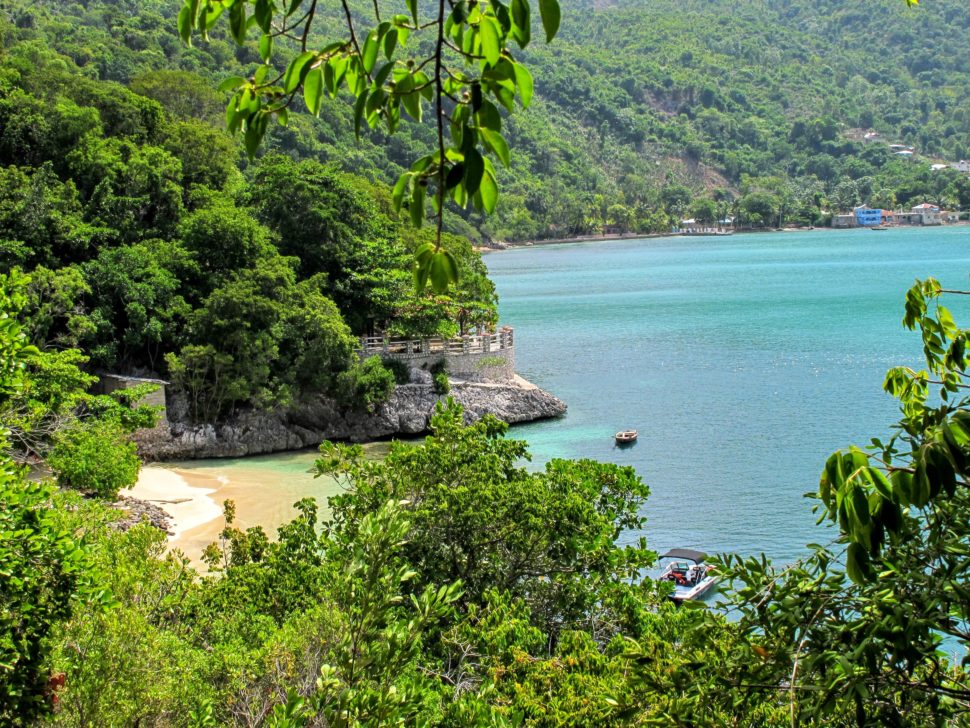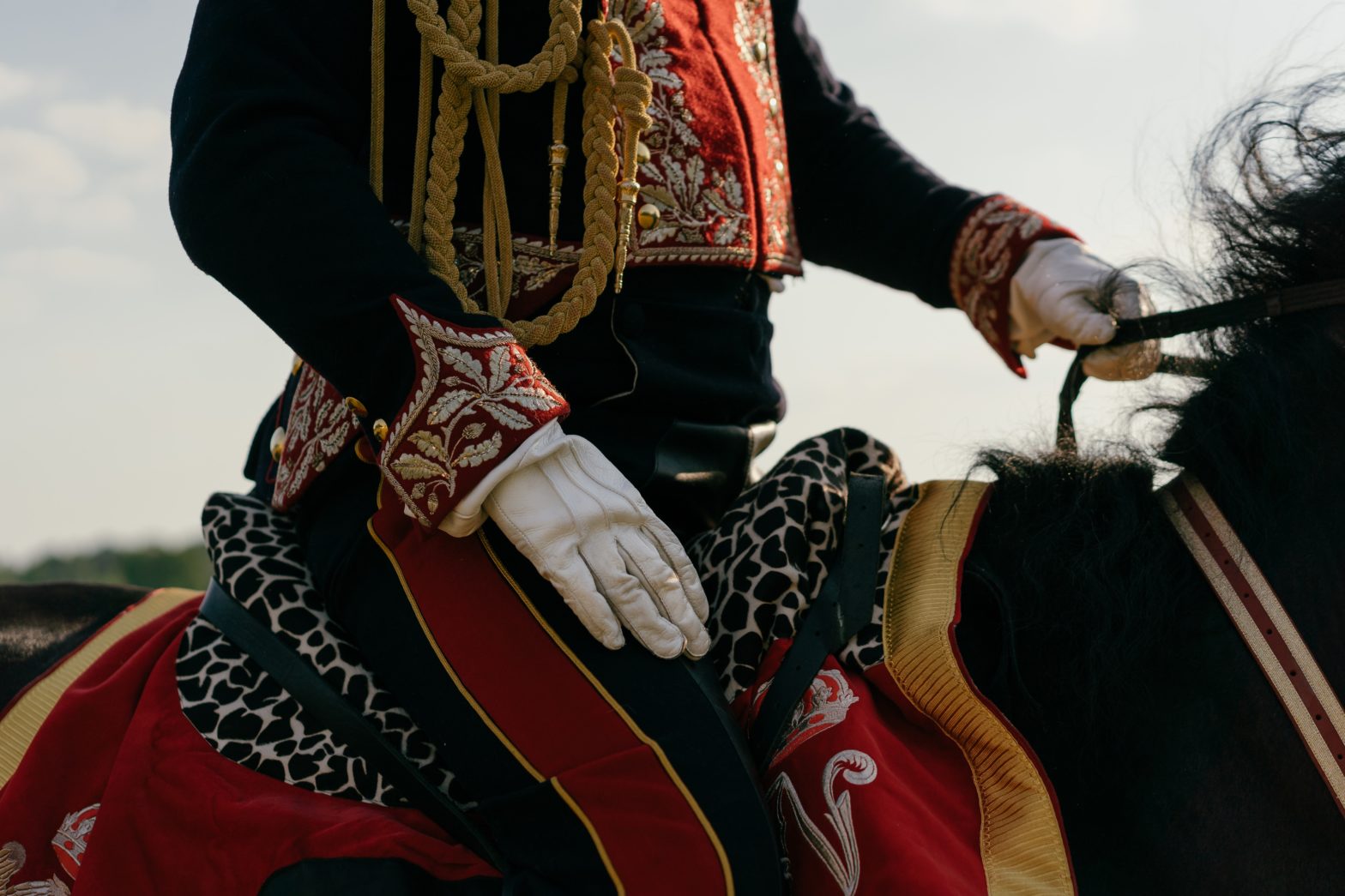Haiti deserves praise for becoming the world’s first Black republic in 1804. Other nations in the Caribbean wouldn’t be republics till many years after, with Barbados as the most recent in 2021. But the Haitian Revolution wouldn’t have been possible without its architect, Toussaint Louverture.
As noted by History, Louverture not only succeeded in freeing Haiti, “he helped precipitate the downfall of European colonialism in the western hemisphere.” Over time, other islands pushed for their own freedom. Revolts erupted across the English, Spanish and French- speaking Caribbean.
Haiti, then called Saint-Domingue, was under French control since 1697. Louverture was born in 1743 and spent a good portion of his life enslaved before entering the military.
In 1791, revolution sparked. The chief reason was to rid Haiti of the institution of slavery. But supporters also pointed to the revolution taking place in France at the time. If France could rid itself of tyranny and eventually become a republic, then surely Haiti could do the same.
History notes, “as the island’s enslaved workers organized to burn plantations and kill many owners, the newly-freed Toussaint laid low. He tended to his own land, while continuing to oversee his former owner’s plantation. Eventually, wielding knowledge of African and Creole medicinal techniques, he entered the war as a physician. But he quickly distinguished himself as a canny tactician and a strategic, charismatic leader.”
Louverture’s military resume was impressive. He not only outfoxed French forces, but British and Spanish ones, too. According to The New Yorker, “he united the island’s Black and mixed-race populations under his command, outmaneuvered three successive French commissioners, defeated the British and overpowered the Spanish. Then in 1801, despite suffering serious battle wounds, he authored a new abolitionist constitution for Saint Domingue.”

Meanwhile, France’s Napolean Bonaparte saw Louverture as a thorn in his side. Bonaparte dispatched “twenty- thousand men to overthrow him” in 1802. Louverture ordered one of his generals, Jean-Jacques Dessalines, to set fire to the capital city so that “those who come to re-enslave us always have before their eyes the image of hell they deserve.”
General Dessalines, also a former slave, assumed a more prominent leadership role when the French arrested Louverture and took him to France. Bonaparte wanted to re-introduce slavery, prompting Dessalines to orchestrate a new, crushing revolt. At last, in November 1803, France surrendered, and Haiti became independent on January 1, 1804.
Dessalines declared himself Emperor of Haiti, and did all he could to ensure it would retain independence until his assassination in 1806.
Unfortunately, Louverture never saw Haiti again and preceded Dessalines in death by three years. After the French imprisoned L’ouverture in a prison high in the French Alps, Haiti’s most prominent founding father succumbed to extreme cold, isolation and disease.
Freedom is never free and who better to confirm this than Haiti? The loss of so many of its people during the revolution wasn’t the only injustice. Since France couldn’t enslave Haiti anymore, it was determined to make it pay in the most literal sense. Forbes reports “in 1825, barely two decades after winning independence, Haiti had to pay ‘reparations’ to the French slaveholders it had overthrown.”
The amount was outrageous by any standard, let alone for a young, poor nation with no friends in high places. But the French insisted out of spite, and it was the only way Haiti could avoid further conflict with them.
It took until 1947 for Haiti to come out of debt. But, Forbes notes, “decades of making regular payments rendered the Haitian government chronically insolvent, helping to create a pervasive climate of instability from which the country still hasn’t recovered.”
After he died, Toussaint Louverture was buried without ceremony by his captors, but his place as Haiti’s hero is secure.
